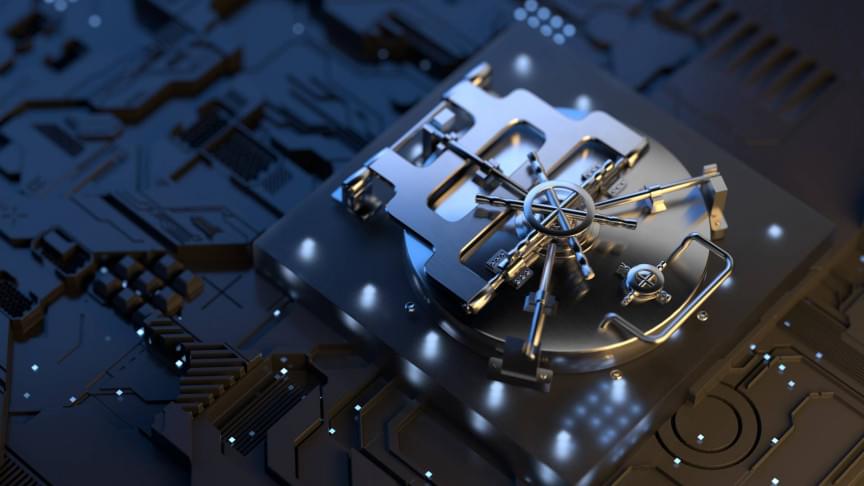
Category: computing – Page 549


Strange new phase of matter created in quantum computer acts like it has two time dimensions
This mind-bending property offers a sought-after benefit: Information stored in the phase is far more protected against errors than with alternative setups currently used in quantum computers. As a result, the information can exist without getting garbled for much longer, an important milestone for making quantum computing viable, says study lead author Philipp Dumitrescu.
The approach’s use of an “extra” time dimension “is a completely different way of thinking about phases of matter,” says Dumitrescu, who worked on the project as a research fellow at the Flatiron Institute’s Center for Computational Quantum Physics in New York City. “I’ve been working on these theory ideas for over five years, and seeing them come actually to be realized in experiments is exciting.”
Metasurface Optics for Space Applications
Metamaterial Space Applications:
In this presentation I will talk about nanophotonics, more specifically metasurfaces – subwavelength patterned surfaces – and explain how this can be used for space applications. As recently displayed by the stunning images from the James Webb space telescope, we often rely on recording the intensity of light (e.g. with a camera) to study the universe. However, light fundamentally has several additional degrees of freedom which can carry information, e.g. polarization, phase, and spectral content. While it is true that many conventional optical components can address these degrees of freedom individually (e.g., polarizers, phase retarders, and filters), metasurfaces enable general manipulations of phase, amplitude, and polarization on the nanoscale, thereby providing ample opportunity to create new versions of existing components and even enable functionality not possible using conventional technologies. In the presentation I will cover several examples of metasurfaces I have been working on and explain their relevance for space applications. I will attempt to explain the working principles, why metasurfaces can be useful, as well as how we fabricate metasurfaces in a cleanroom.
About the speaker: Dr. Tobias Wenger is a postdoc at JPL’s microdevices laboratory (MDL) where his main efforts relate to nanophotonics — light at the nanoscale – and how we can engineer structures and components in order to control light in new ways. Tobias received his PhD from Chalmers University of Technology, Sweden, where he worked on understanding the physical properties of plasmons in graphene.
At JPL, Tobias is applying his knowledge of subwavelength electromagnetics to design metasurface-based optical components, mainly for infrared wavelengths. Metasurfaces are a novel approach to optics which uses subwavelength elements for controlling the phase, amplitude and polarization of transmitted and/or reflected electromagnetic radiation. Tobias research interests intersect optics, computational electromagnetics, and microfabrication and he enjoys both the practical and theoretical aspects of this work. During his postdoc time at MDL, he has worked on metasurface-based optical concentrators, IR detectors, plasmonic filters, wavefront sensing, and grating replication.

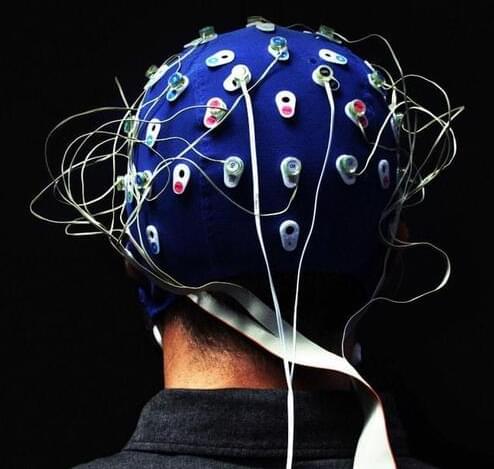
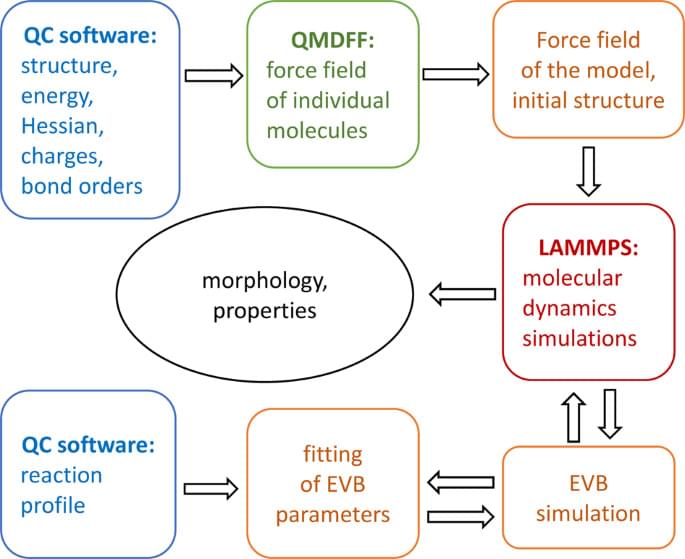
Exploiting the quantum mechanically derived force field for functional materials simulations
Circa 2021 force field this can also shield the earth or cities.
The computational design of functional materials relies heavily on large-scale atomistic simulations. Such simulations are often problematic for conventional classical force fields, which require tedious and time-consuming parameterization of interaction parameters. The problem can be solved using a quantum mechanically derived force field (QMDFF)—a system-specific force field derived directly from the first-principles calculations. We present a computational approach for atomistic simulations of complex molecular systems, which include the treatment of chemical reactions with the empirical valence bond approach. The accuracy of the QMDFF is verified by comparison with the experimental properties of liquid solvents.

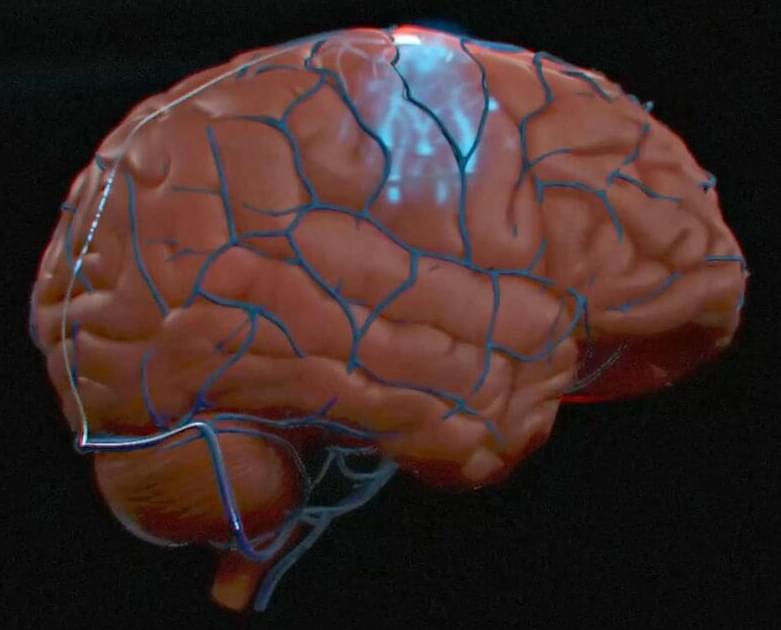
Synchron says it’s the first to implant a human brain-computer interface in the US
Brain-computer interfaces have become a practical (if limited) reality in the US. Synchron says it has become the first in the country to implant a BCI in a human patient. Doctors in New York’s Mount Sinai West implanted the company’s Stentrode in the motor cortex of a participant in Synchron’s COMMAND trial, which aims to gauge the usefulness and safety of BCIs for providing hands-free device control to people with severe paralysis. Ideally, technology like Stentrode will offer independence to people who want to email, text and otherwise handle digital tasks that others take for granted.
Surgeons installed the implant using an endovascular procedure that avoids the intrusiveness of open-brain surgery by going through the jugular vein. The operation went “extremely well” and let the patient return home 48 hours later, according to Synchron. An ongoing Australian trial has also proven successful so far, with four patients still safe a year after receiving their implants.
It may take a long time before doctors can offer Synchron’s BCIs to patients. The company received FDA approval for human trials in July 2021, and it’s still expanding the COMMAND trial as of this writing. Still, the US procedure represents a significant step toward greater autonomy for people with paralysis. It also represents a competitive victory — Elon Musk’s Neuralink has yet to receive FDA permission for its own implant.
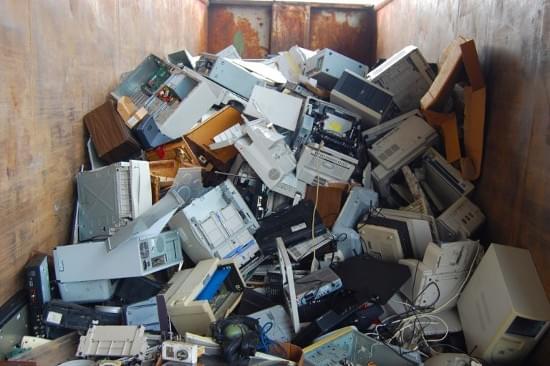
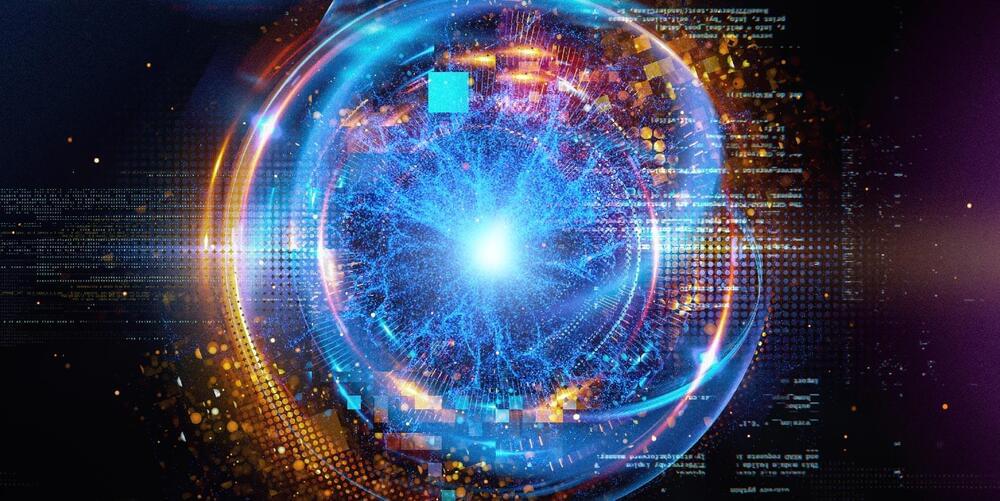
A Beginner’s Guide to Quantum Programming
Researchers at the SketchX, University of Surrey have recently developed a meta learning-based model that allows users to retrieve images of specific items simply by sketching them on a tablet, smartphone, or on other smart devices. This framework was outlined in a paper set to be presented at the European Conference on Computer Vision (ECCV), one of the top three flagship computer vision conferences along with CVPR and ICCV.